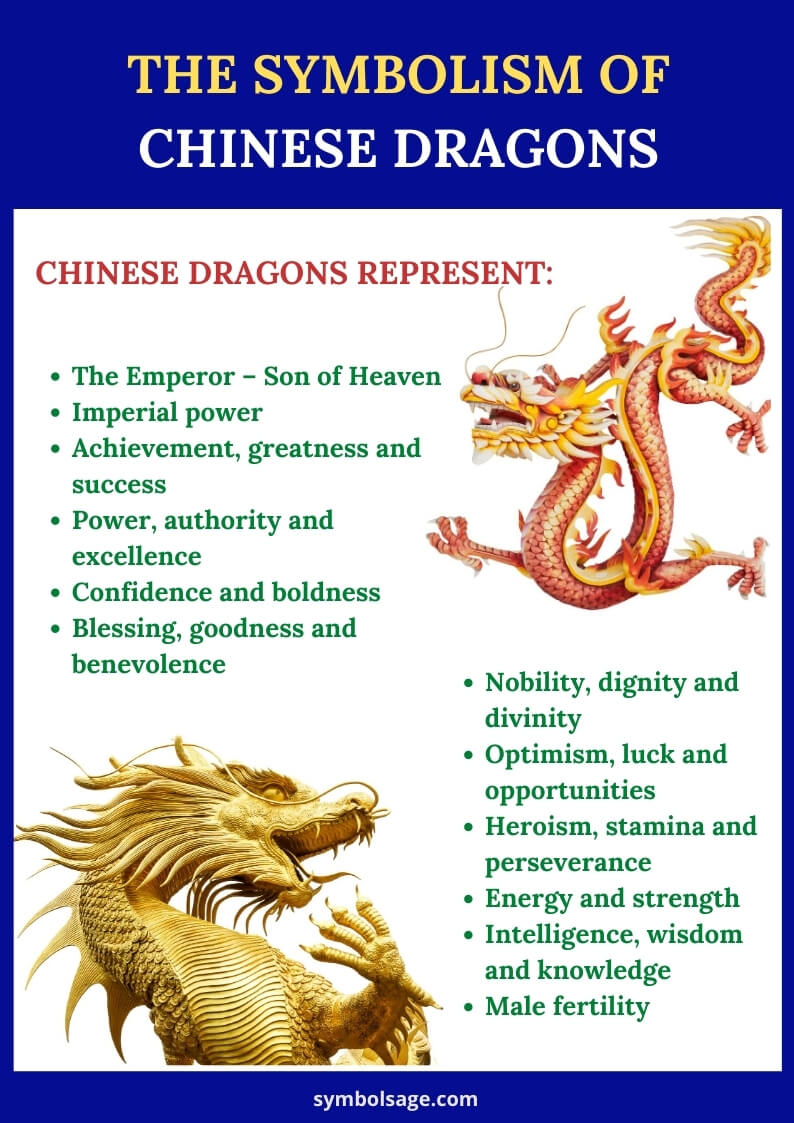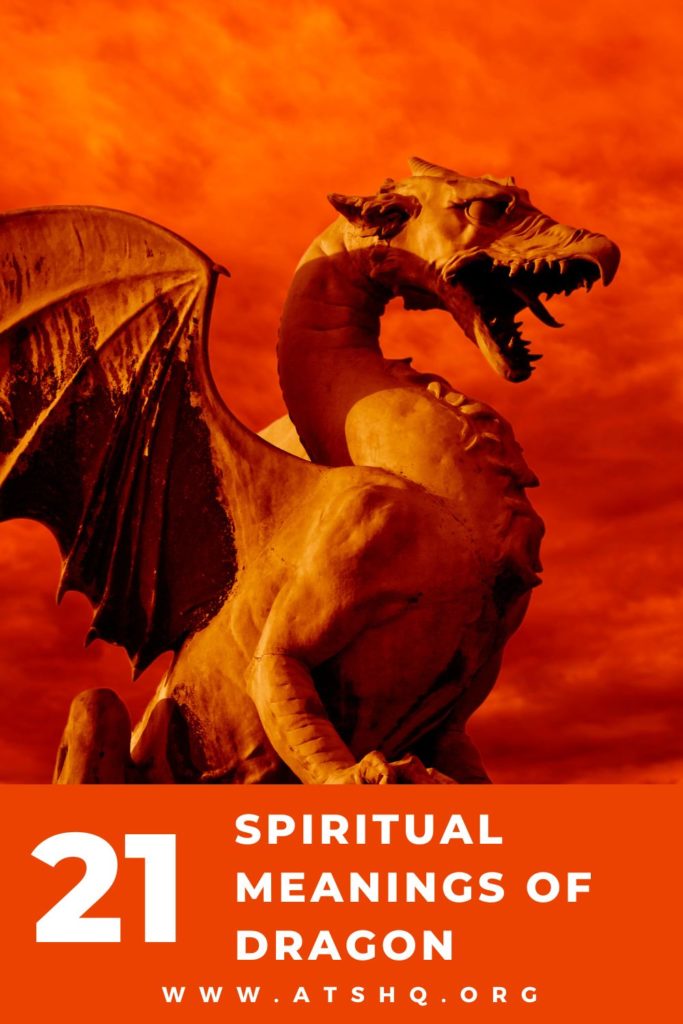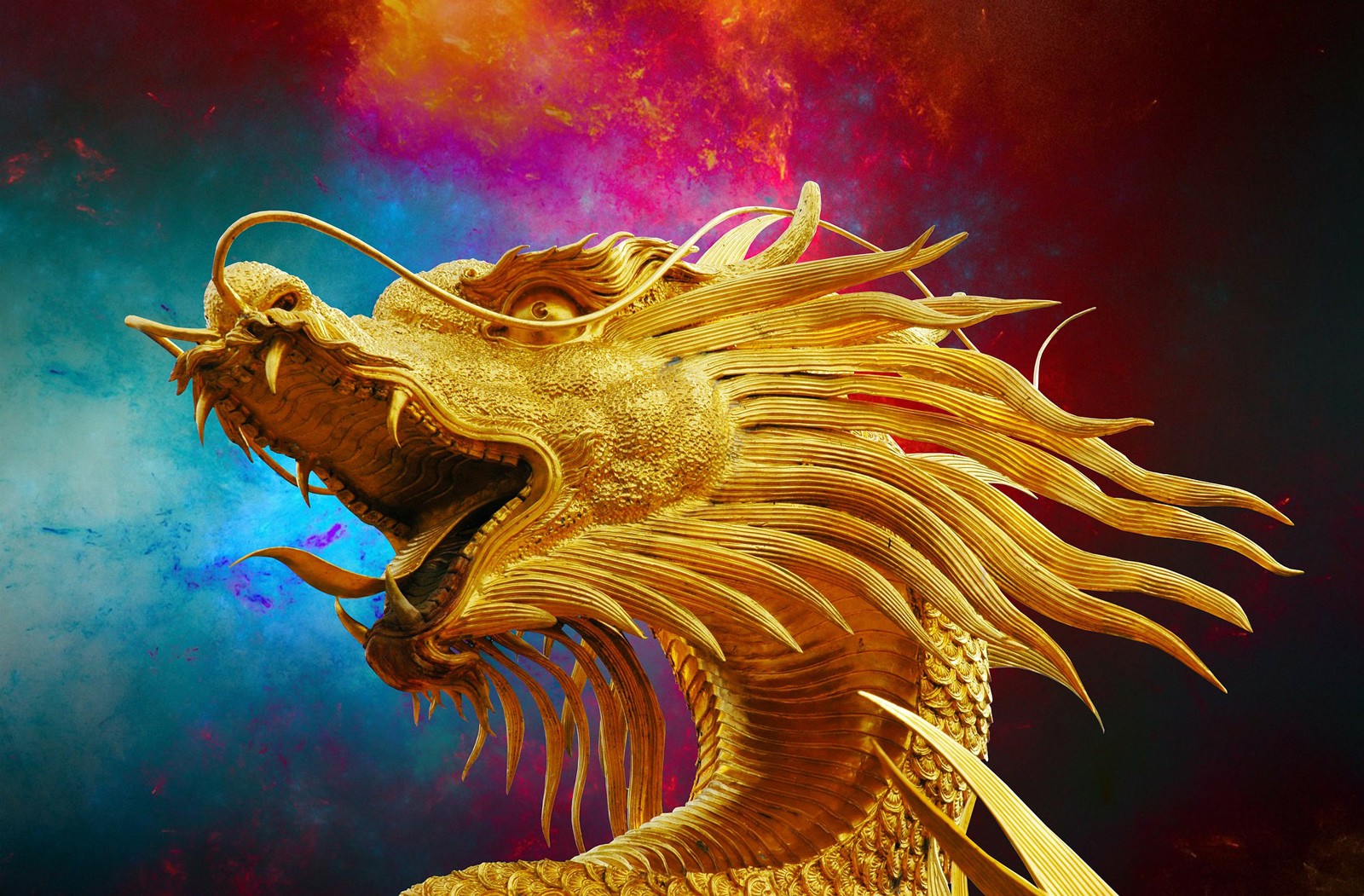Dragon symbolism has captivated human imagination for centuries, representing power, wisdom, and protection across various cultures. From ancient mythologies to modern interpretations, dragons have become iconic figures that evoke both fear and admiration. This article delves into the multifaceted significance of dragons, exploring their roles in different societies and the meanings they embody.
As we embark on this journey, we will uncover the rich tapestry of dragon imagery, understanding how these mythical creatures symbolize everything from fertility to destruction. Our exploration will also touch on the evolution of dragon symbolism through history, literature, and art, providing a comprehensive overview of their enduring legacy.
Whether you are a mythology enthusiast, a cultural scholar, or simply curious about the significance of dragons, this article aims to provide valuable insights into the powerful symbolism associated with these legendary creatures. Join us as we unravel the mysteries of dragon symbolism across the globe.
Table of Contents
1. Introduction to Dragon Symbolism
Dragon symbolism is a rich and complex subject that varies significantly across different cultures. Generally, dragons are depicted as powerful, serpentine creatures, often possessing magical abilities. The duality of dragons—representing both good and evil—makes them fascinating subjects of study. In this section, we will explore the origins of dragon symbolism and its relevance in various societies.
2. The Dragon in Eastern Cultures
In Eastern cultures, particularly in China, dragons are revered as auspicious beings. They symbolize strength, nobility, and good fortune. Unlike their Western counterparts, Eastern dragons are often depicted as benevolent creatures associated with water and agriculture.
2.1 Chinese Dragons
Chinese dragons are considered protectors of the people. They are associated with rain, rivers, and seas, and play a crucial role in agricultural fertility.
2.2 Japanese Dragons
Similarly, in Japan, dragons are viewed as water deities that bring rain and prosperity. They are often depicted in art and literature, embodying wisdom and protection.
3. The Dragon in Western Cultures
Contrastingly, in Western cultures, dragons are frequently portrayed as malevolent creatures. They symbolize chaos and destruction, often serving as adversaries in myths and legends.
3.1 European Dragons
European dragons are typically depicted as greedy and dangerous beings, hoarding treasure and terrorizing villages. Their defeat often signifies the triumph of good over evil.
3.2 The Role of Dragons in Christianity
In Christian symbolism, dragons are often equated with Satan and evil. This association further cements their negative portrayal in Western narratives.
4. Common Themes in Dragon Symbolism
Despite the differences in cultural interpretations, several common themes emerge in dragon symbolism:
- Power: Dragons are often seen as symbols of immense power and control.
- Wisdom: They are frequently associated with knowledge and ancient wisdom.
- Transformation: Dragons can symbolize change and transformation, reflecting the duality of their nature.
5. The Role of Dragons in Literature and Art
Dragons have played significant roles in literature and art throughout history. From the epic tales of Beowulf to the fantastical worlds of J.R.R. Tolkien, dragons have become central figures in storytelling.
5.1 Dragons in Ancient Texts
Ancient texts often feature dragons as formidable adversaries, representing chaos that heroes must overcome.
5.2 Dragons in Modern Literature
In modern literature, dragons have evolved into complex characters, often embodying themes of redemption and friendship.
6. Modern Interpretations of Dragon Symbolism
In contemporary times, dragon symbolism has taken on new meanings, often reflecting societal values. Dragons may symbolize environmentalism, strength, and resilience in the face of adversity.
6.1 Dragons as Symbols of Environmental Awareness
Many modern interpretations view dragons as guardians of nature, emphasizing the need to protect our planet.
6.2 Personal Empowerment
Dragons are increasingly seen as symbols of personal empowerment, encouraging individuals to embrace their strengths and overcome challenges.
7. Dragons in Popular Culture
Dragons have left an indelible mark on popular culture, appearing in films, video games, and television series. Their representations continue to evolve, reflecting the changing perceptions of these mythical creatures.
7.1 Iconic Dragon Characters
From Smaug in "The Hobbit" to Drogon in "Game of Thrones," dragons have become iconic figures in entertainment.
7.2 Cultural Impact of Dragons
The cultural impact of dragons is profound, influencing everything from fashion to gaming, and highlighting their enduring popularity.
8. Conclusion and Final Thoughts
In conclusion, dragon symbolism is a captivating subject that transcends cultural boundaries. Whether perceived as benevolent guardians or fearsome monsters, dragons embody complex themes that resonate with humanity. As we continue to explore and reinterpret these mythical creatures, their symbolism remains relevant in today's world.
We invite you to share your thoughts on dragon symbolism in the comments below. If you enjoyed this article, consider sharing it with others or exploring more of our content on mythology and symbolism.
Thank you for joining us on this exploration of dragon symbolism. We hope to see you back here for more fascinating insights into the world of myth and legend!
Article Recommendations



ncG1vNJzZmilqZu8rbXAZ5qopV%2Bftq652HBmnaqRnLyvedKypJunnJ7ArnrHraSl